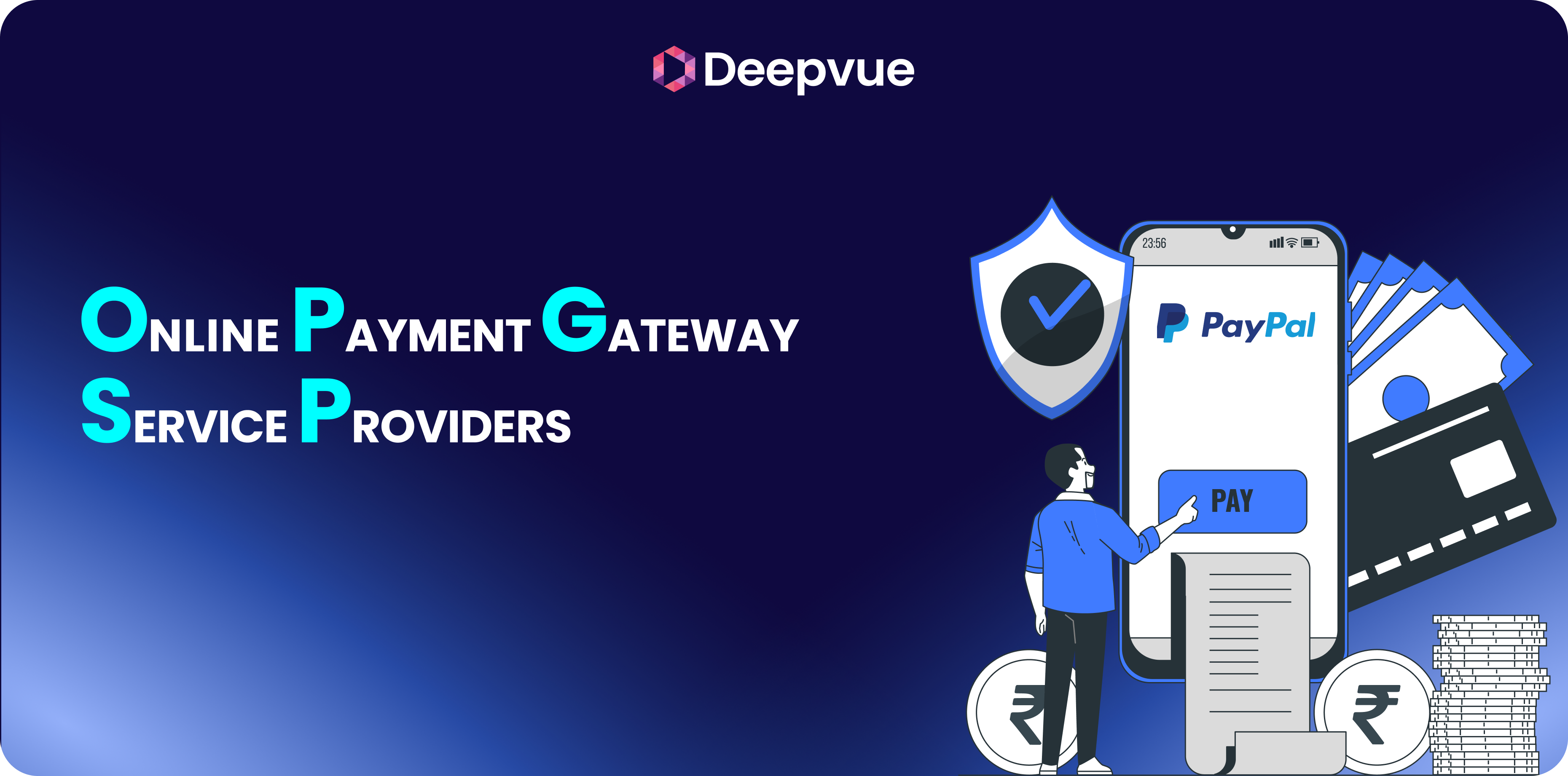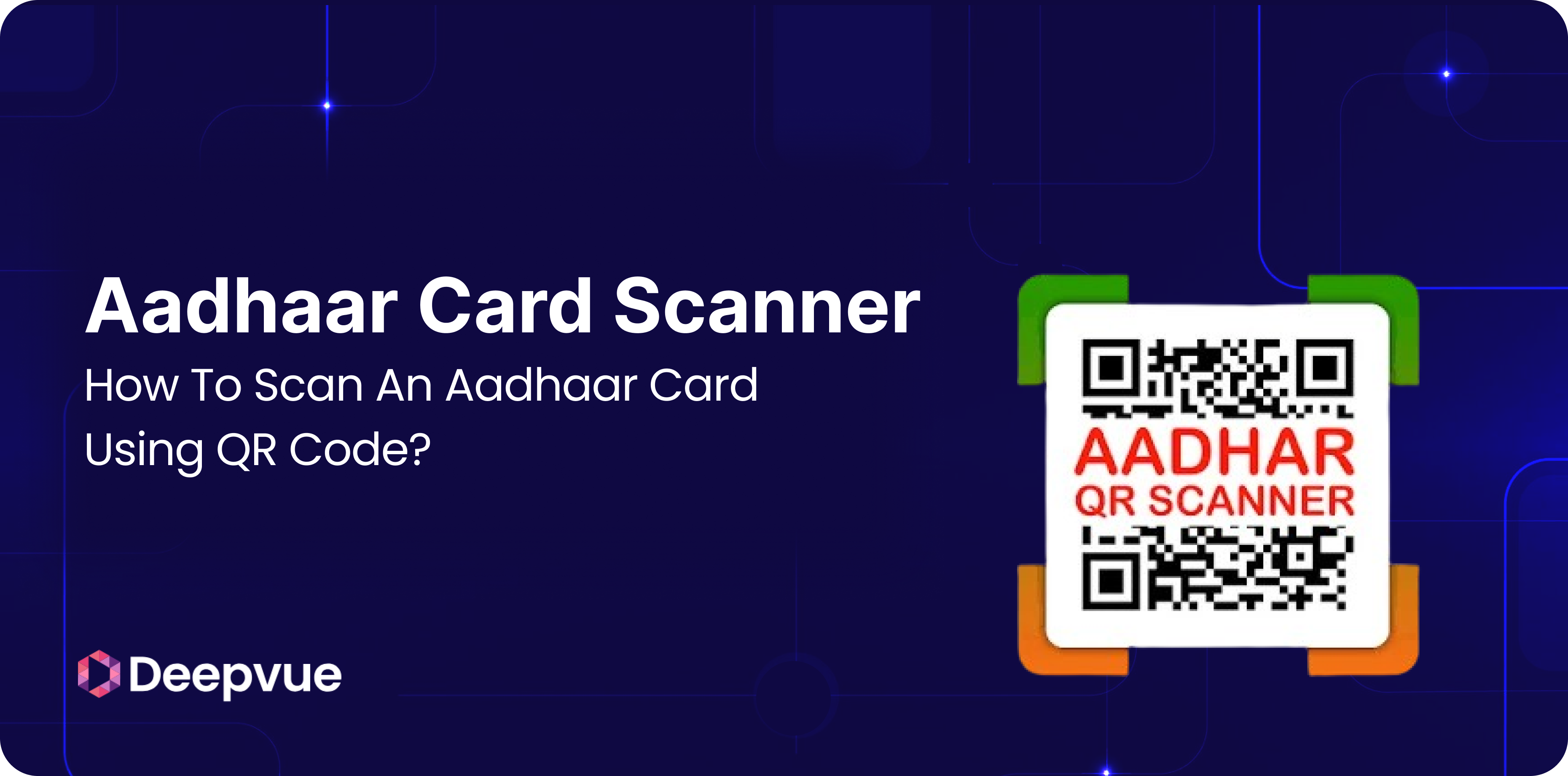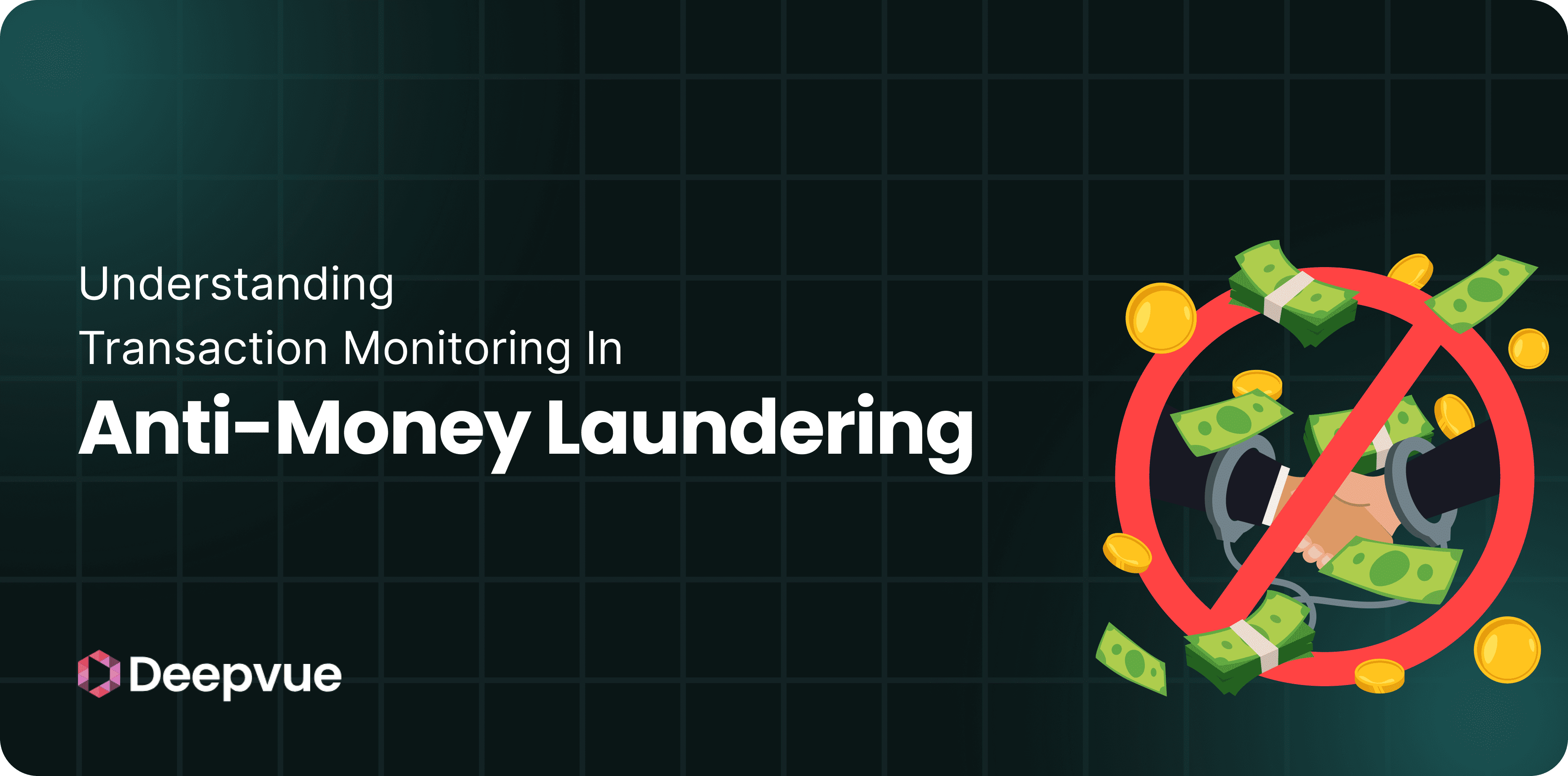India has become a world giant in electronic payments. According to the Reserve Bank of India’s (RBI) Annual Report (March 31, 2025), India’s Unified Payments Interface (UPI) had facilitated 48.5% of the world’s real-time digital payments, with digital transactions increasing 34.8% in volume and 17.9% in value during 2024–25. Meanwhile, the RBI’s Digital Payments Index reached 465.33 in September 2024, reflecting a 4.45% increase over six months.
Within this growing digital economy, Online Payment Gateway Service Providers (OPGSPs) are the drivers of cross-border and domestic electronic business. OPGSPs provide fintechs, MSMEs, exporters, SaaS businesses, and marketplaces with the capability to receive payments quickly, securely, and compliantly. This blog delves into OPGSPs’ function, regulatory landscape, architecture, use cases, strategic importance, and challenges.
What Are OPGSPs and Why Do They Matter?
OPGSPs are the intermediaries that enable payments from a buyer to a seller for transactions that happen online. They conduct authorization, settlement, and reconciliation.
Core Function: Processing international customers’ payments, foreign currency conversion, and routing INR to exporters’ Indian bank accounts.
In India, this is particularly significant for export-focused micro, small, and medium enterprises (MSMEs), software exports, freelancers, SaaS firms, and digital marketplaces. OPGSPs revolutionize the way payments are made by Indian businesses from international customers by going around conventional and expensive banking gateways such as SWIFT and attaining quicker settlement cycles.
Regulatory Framework Governing OPGSPs
RBI’s OPGSP/PA Licensing Regime
- Under the Payment & Settlement Systems Act of 2007, OPGSPs (formerly known as Payment Aggregators) are licensed by the RBI for cross-border payment services.
- As of May 2025, organizations such as PayPal and Worldline have gained RBI in-principle approval to act as cross-border aggregators of payments.
- Before manifesting explicit approvals, OPGSPs have worked by previous RBI guidelines, now made manifest through specific licensing for their compliance and regulation.
KYC, AML & Transaction Limits
- OPGSPs are obligated to conduct customer due diligence (KYC) and report suspicious transactions (AML/CTF) as per RBI and Financial Intelligence Unit–India (FIU‑IND) guidelines.
- Cross-border receipts are regulated by permitted use and thresholds, typically not more than USD 10,000 per transaction for service and goods exports.
Settlement & Repatriation Rules
- Proceeds should be repatriated by means of an Authorized Dealer (AD) Category I bank through a nodal account.
- Settlement horizons are usually requested within 7 working days, making exporters’ cash flow easier.
How OPGSPs Work: Transaction Flow
- Checkout Experience: Customer selects “Pay via OPGSP” on the export website and pays via card, UPI, or digital wallet.
- Authorization & FX Conversion: OPGSP processes, converts into INR, and transfers funds through its nodal account in India.
- Settlement: AD banks settle and credit merchant accounts with INR within settlement horizons.
- Reconciliation Reporting & Compliance: OPGSP delivers merchant dashboards with settlement, fees, and compliance reports.
Real-World Example
- PayPal / Payoneer: A Frequent choice of freelancers and marketplace sellers worldwide. USD funds are converted and remitted in INR upon request.
- RazorpayX for Export: Recently released module for exporters with integrated merchant onboarding, payments, and settlement through INR accounts.
Benefits of Using OPGSPs
- Faster settlements (within days vs. weeks for SWIFT).
- Better foreign exchange rates with competitive spreads.
- Regulatory compliance is assured via licensed operations under the RBI’s framework.
- API integrations for CRM, ERP, and accounting tools.
- Better customer experience with localized checkout languages, 24/7 support, and multiple payment modes.
Risks & Challenges
- Regulatory exposure: Modifying transaction limits or KYC requirements can adversely affect operations.
- Fraud & chargebacks: Disputes of payment across borders need proactive risk management.
- Foreign exchange dependence: Currency market volatility can tighten margins.
- Operational risks: Business continuity is impacted by downtime, technical failure, or SOP violations.
The Evolving Role of OPGSPs in Fintech
- Embedded global payments: Fintechs now place OPGSPs directly within SaaS, invoicing, or lending platforms.
- Marketplace-as-a-Service: White-labeled OPGSP APIs enable platforms to provide payment acceptance under their own brand.
- Credit offerings: Fintechs use transaction information to create customized lending (e.g., temporary working capital for exporters).
- UPI integration: As UPI grows internationally, upcoming OPGSPs could integrate UPI and card rails to enable smooth exports.
Conclusion
OPGSPs are the focal pillars of India’s international fintech story, supporting exporters, SaaS companies, marketplaces gig workers in receiving foreign payments with ease. The growth of regulatory clarity and international rails such as UPI and the digital rupee creates fertile grounds for fintechs to infuse value, unlock credit, and accelerate compliance.
FAQs
What is the difference between a payment gateway and an OPGSP?
A payment gateway handles transaction processing domestically, while an OPGSP (cross-border PA) enables foreign currency collection and settlement for exports, with RBI licensing.
What is the current per‑transaction limit for OPGSP exports?
Under RBI rules, payments for exports of goods and services are allowed with limits usually up to USD 10,000 per transaction.
How long does an OPGSP take to settle funds in India?
Typically, domestic settlement in INR occurs within 7 working days via an AD‑I bank nodal account.
Are OPGSPs regulated by RBI?
Yes—under the Payment & Settlement Systems Act, cross-border PAs/OPGSPs need RBI licensing, KYC, AML, and reporting compliance
How do OPGSPs handle foreign exchange?
They accept the buyer’s currency, convert it to INR (typically with a competitive spread), and deposit funds into the exporter’s bank account.




